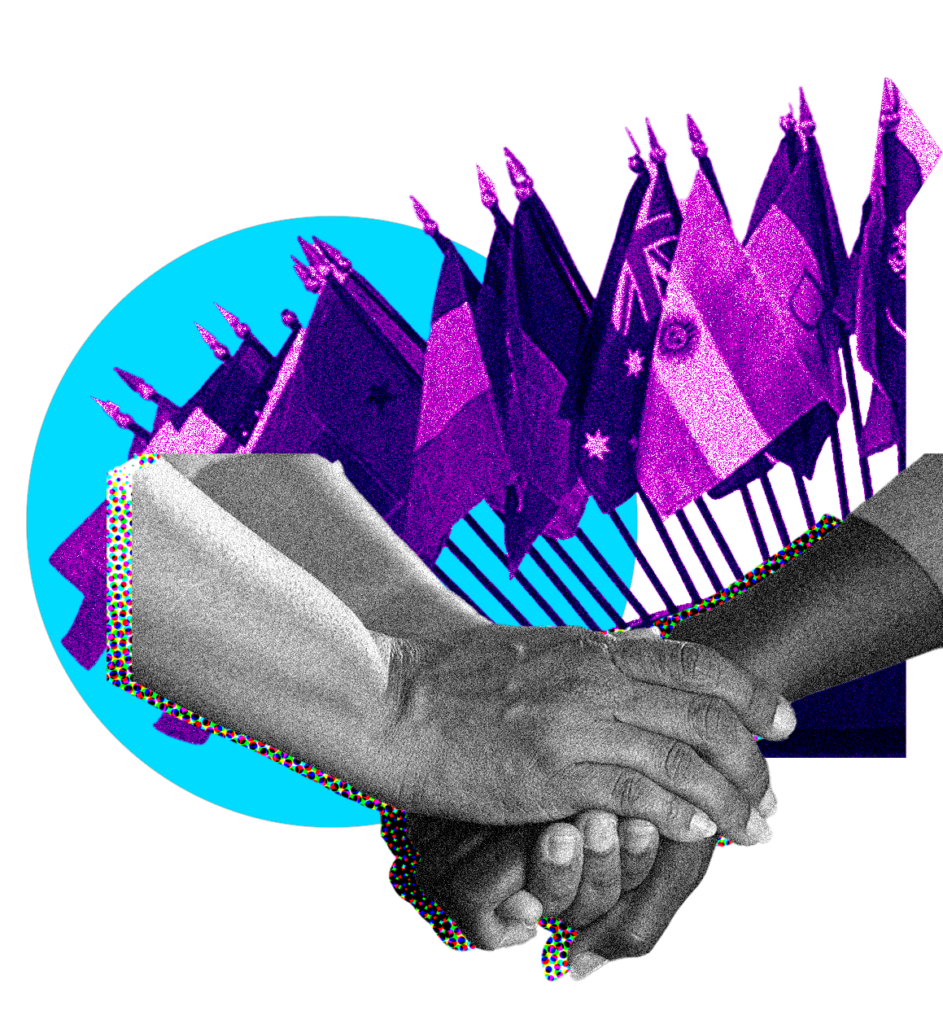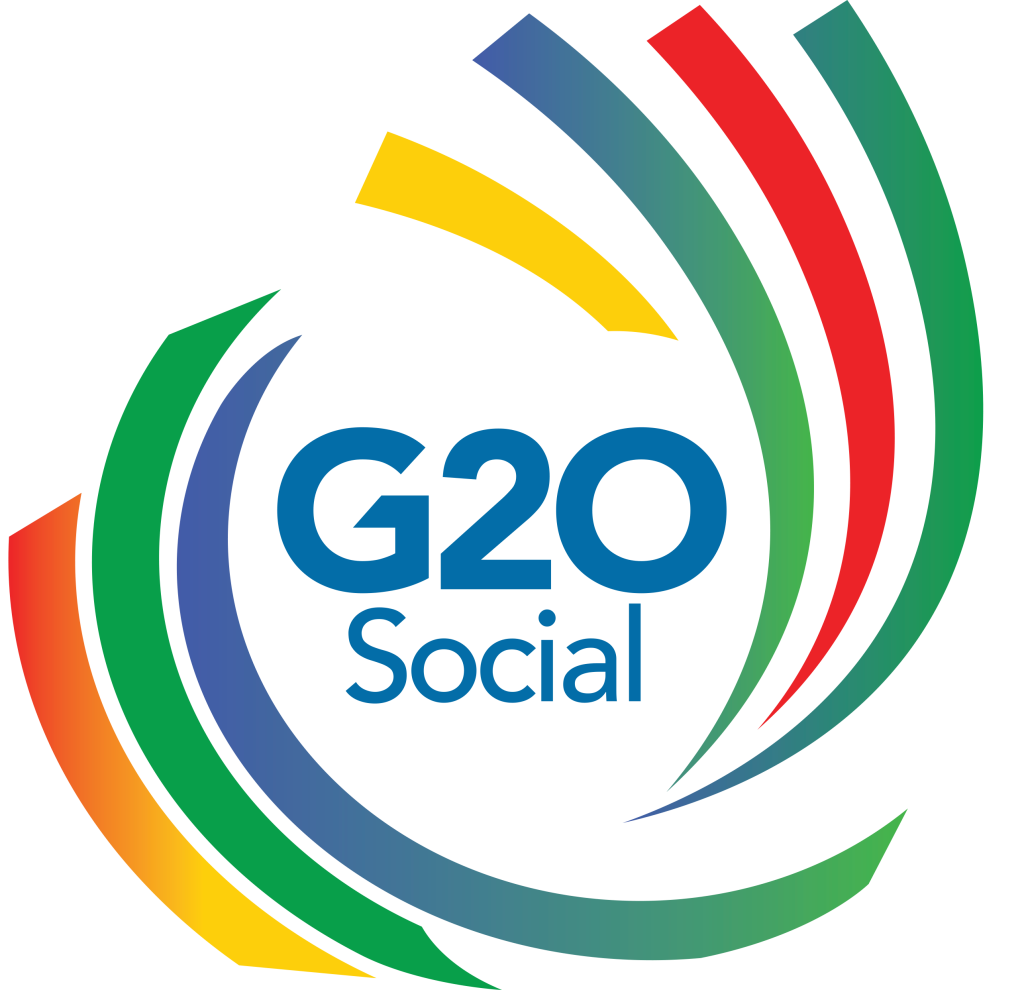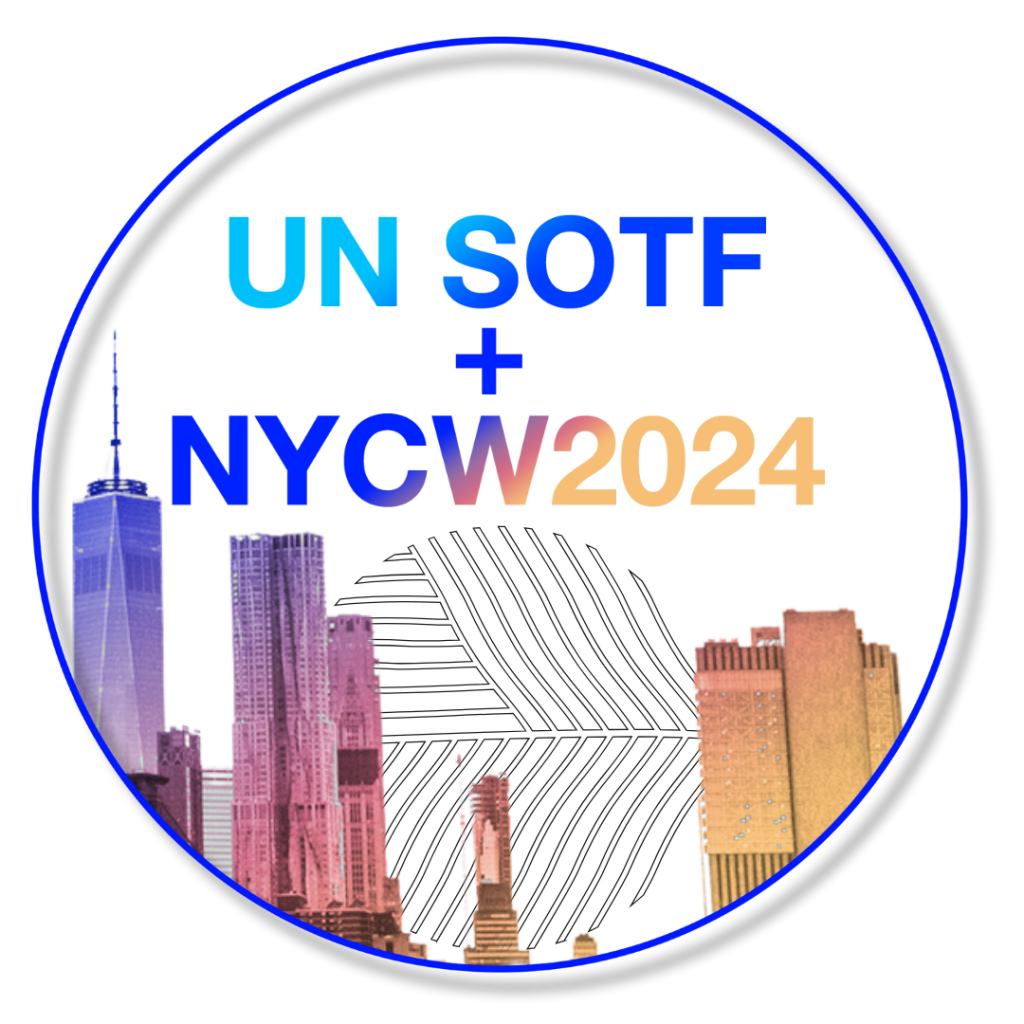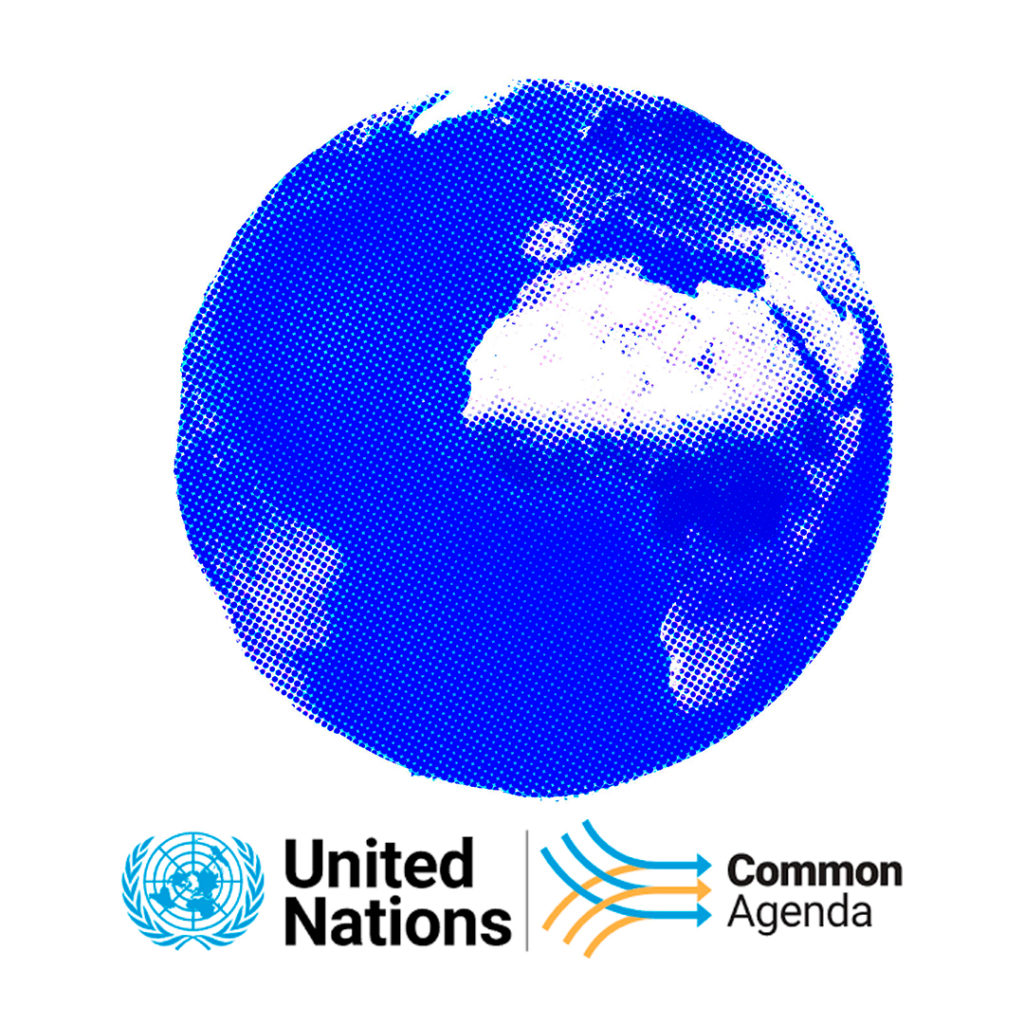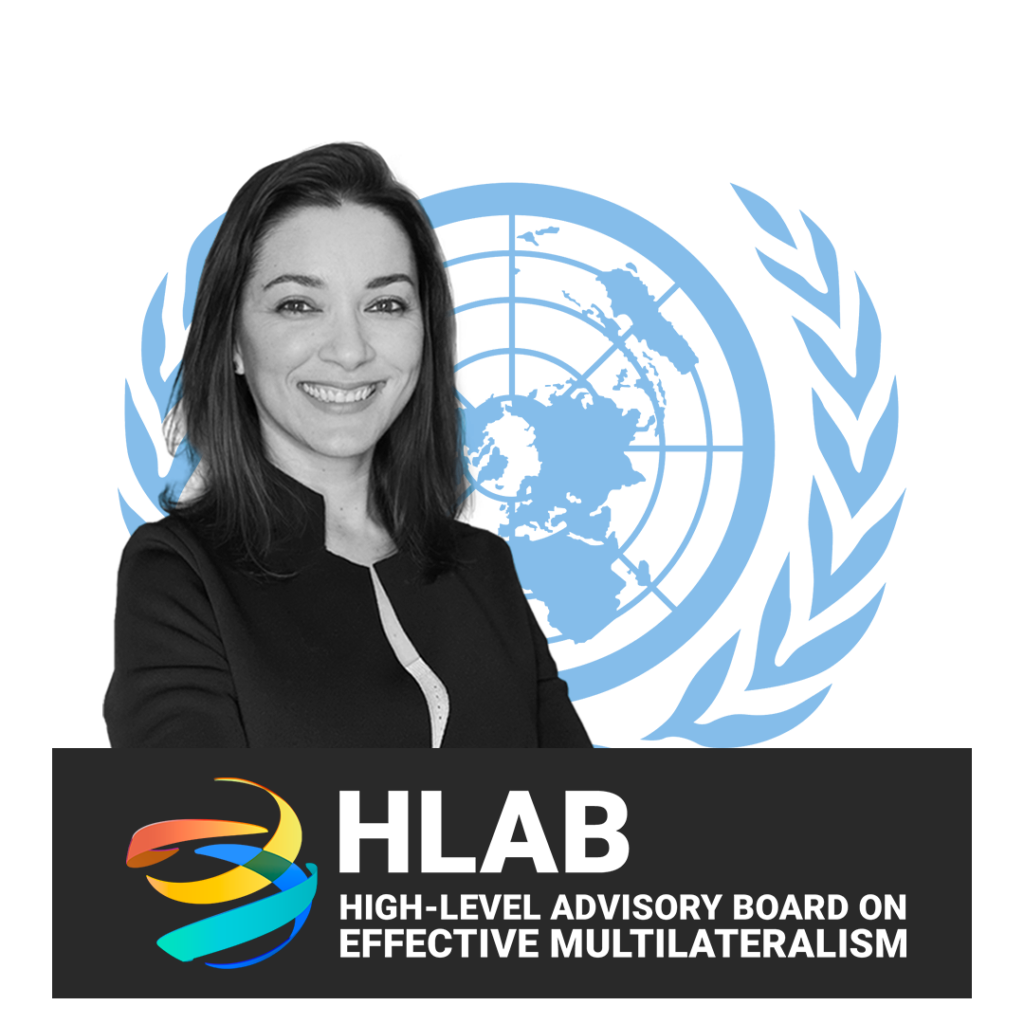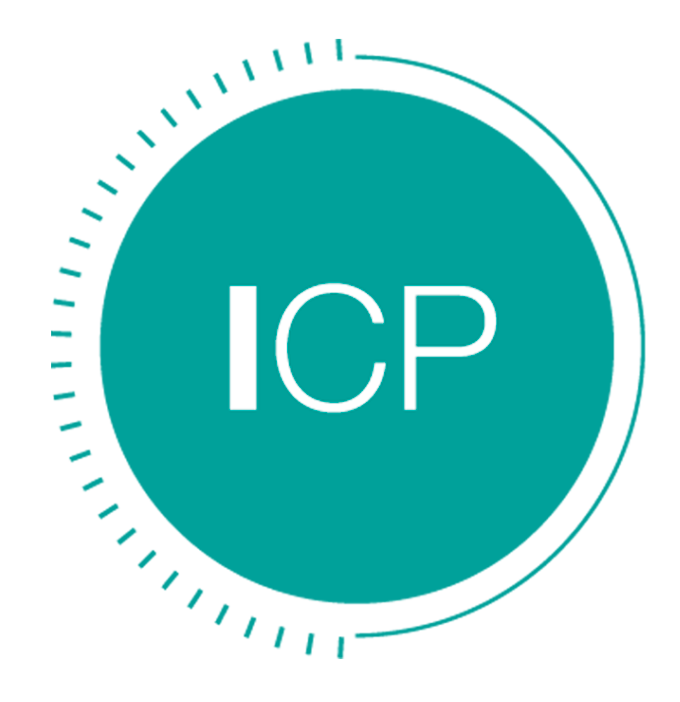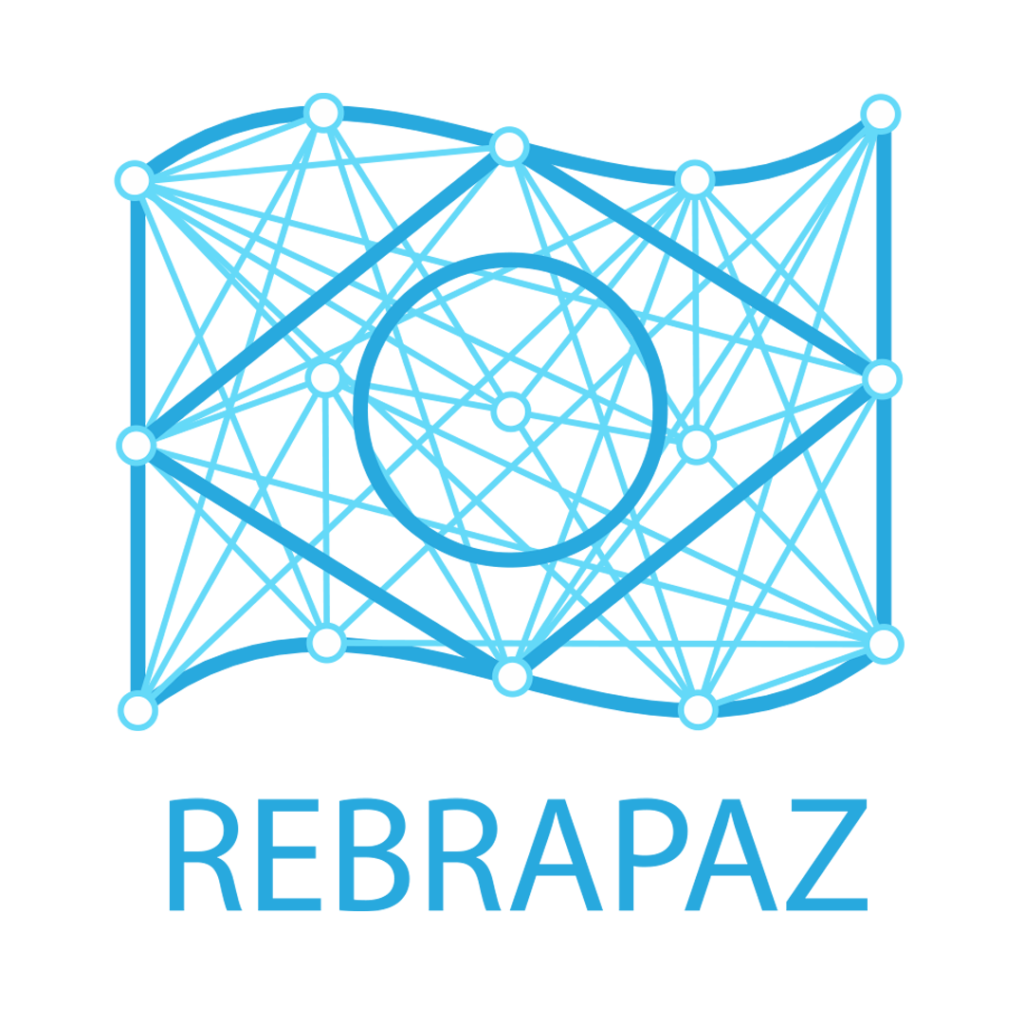The world is facing a triple planetary crisis, which includes climate disruption, biodiversity loss, and increased pollution. In addition to threats to public health and geopolitical instability, these crises are associated with a host of negative impacts—spanning from the widening of inequalities and spikes in energy prices to the disruption of supply chains, food security, and global security, with an elevated risk of nuclear war.
The International Cooperation Program of the Igarapé Institute aims to collaborate for more effective, inclusive, and networked multilateralism through three main pillars. First, the enhancement of global governance and reform of the United Nations. Second, the strengthening of resilience to systemic risks. Lastly, the acceleration of a clean and just energy transition, as well as nature-based solutions.


